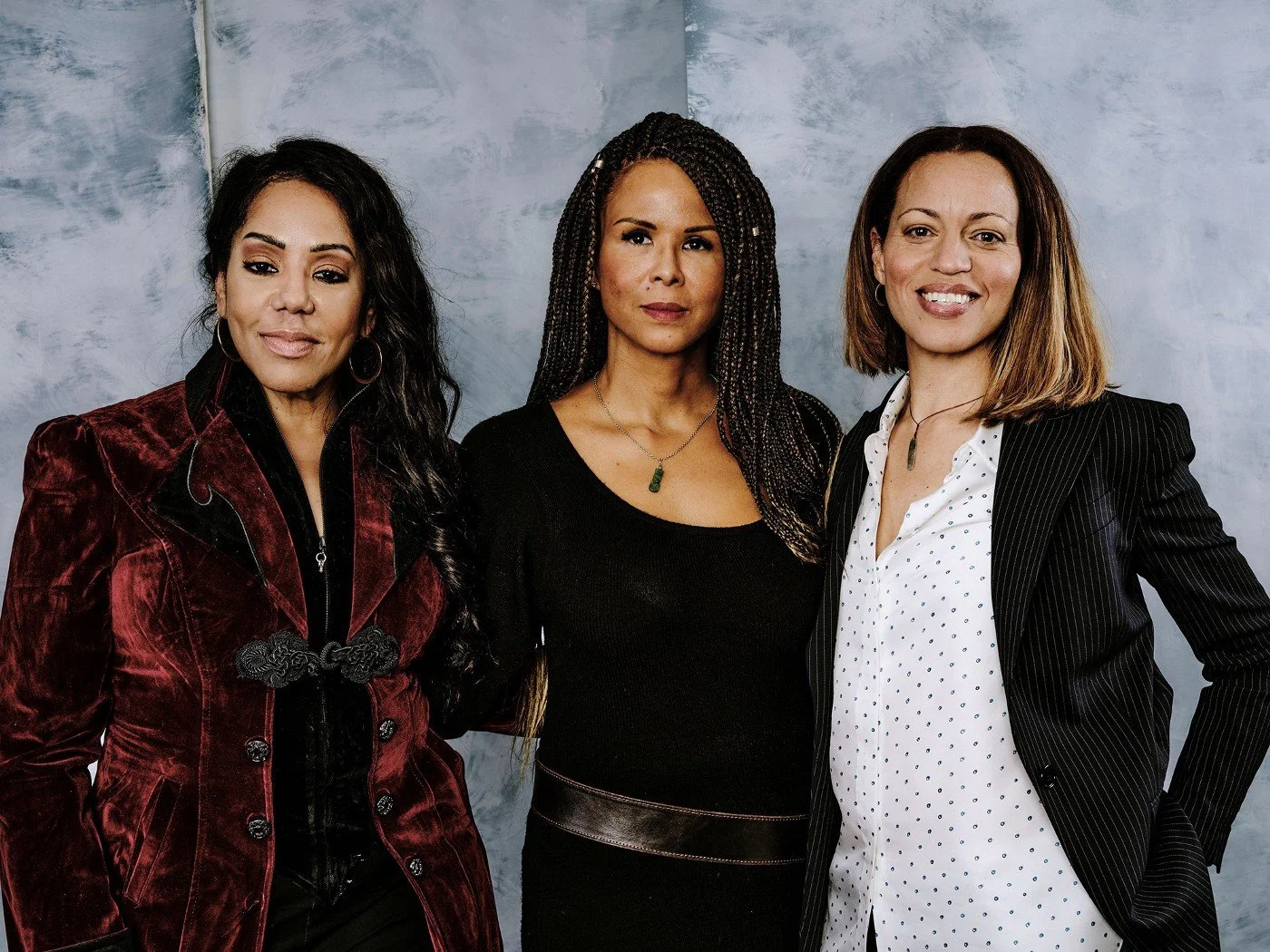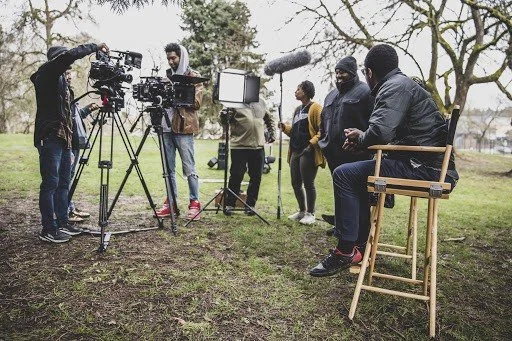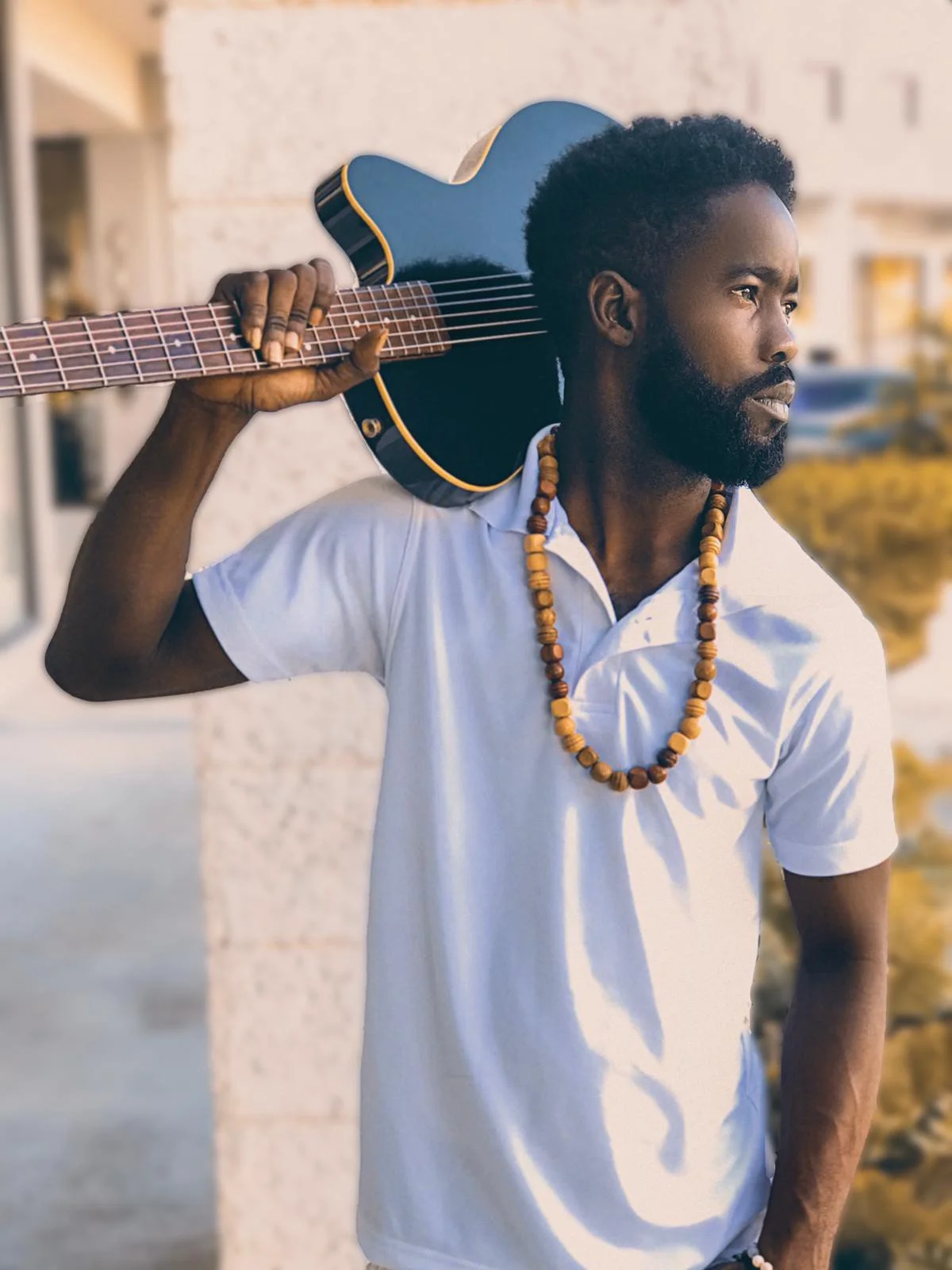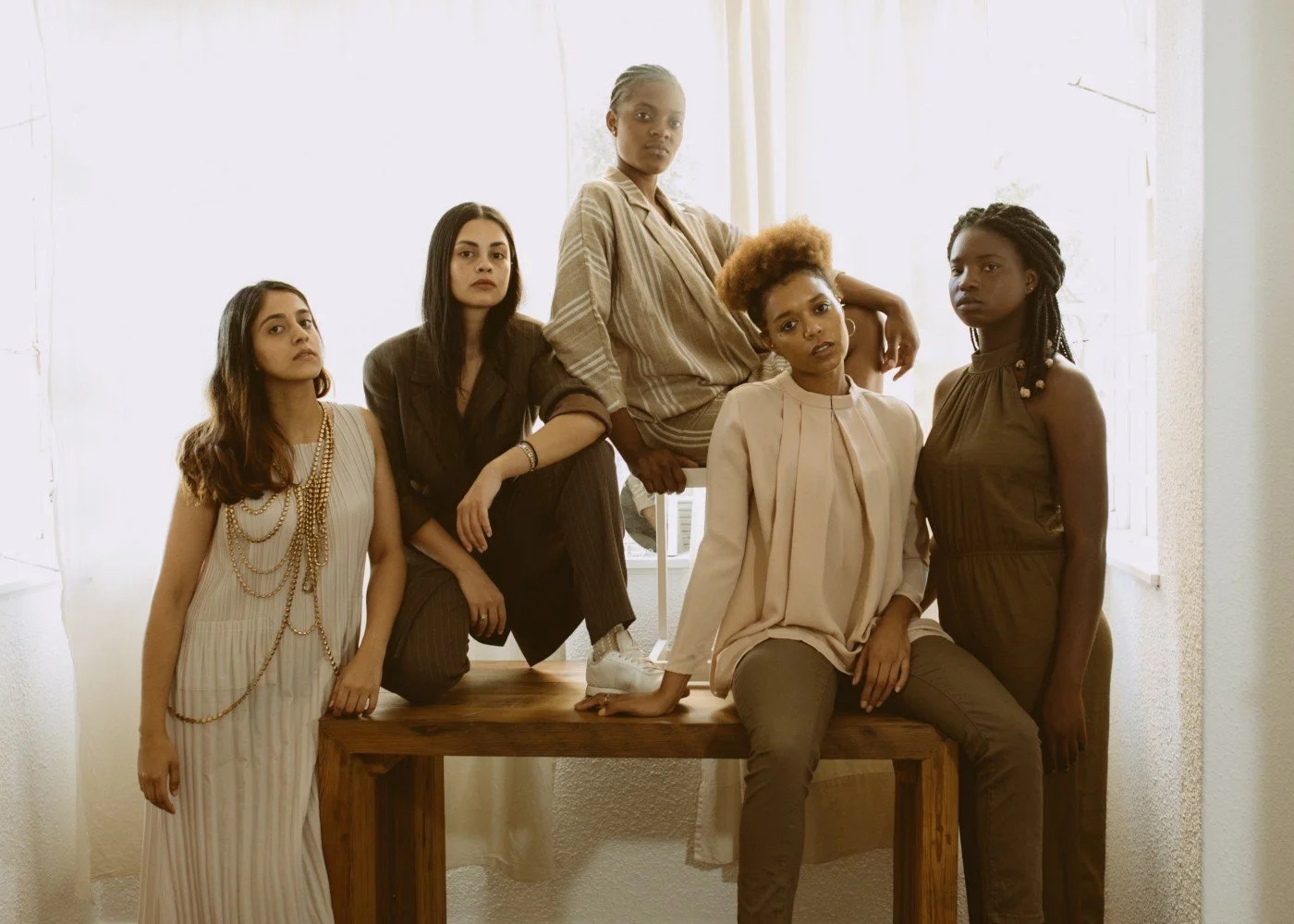WAP: The Sex Anthem of 2020
Written by: Amber Shephard
The moment the beat dropped and “certified freak/seven days a week” rang in my ear, I knew I was in for a good time. Since its release, WAP has dominated the charts, conversations, and has conservatives clutching their invisible pearls.
After the song released, Californian Congressional candidate, James P. Bradley tweeted, “Cardi B and Megan Thee Stallion are what happens when children are raised without God and a strong father figure. Their new song #WAP (which I heard accidentally) made me want to pour holy water in my ears, and I feel sorry for future girls if this is their role model.”
Cardi B and Megan Thee Stallion didn’t release WAP to be role models. They just want to talk about sex because sex is fun, and so is talking about your p***y.
The powerhouse sex-positive anthem is a bold proclamation that challenges ideas about women and respectability politics. “I don’t cook/I don’t clean/but let me tell you how I got this ring,” shatters the belief women must subscribe to being a man’s personal June Cleaver to be deemed marriage material. Megan quickly backs up that idea when she raps, “I run down on him/’fore I have a n***a running me.” WAP invites you into a world where women are the gatekeepers of sex, sexuality, and power. These women love their bodies, independence, and are proud to stand in the fullness of themselves.
The video, which has garnered over 100 million views on Youtube, is lush with color and beautiful women. It’s thick with booty and breast. And it’s hard to decide what to love more while watching them spit the sharp, leave-nothing-to-the-imagination lyrics. Maybe it’s the looming, spinning sculptures of Cardi B and Megan Thee Stallion demanding viewers to gaze in awe. Or the hairdos, reminiscent of B.A.P.S., and the star-studded cameos. Or just the complete experience of seeing Black women live joyfully in their sexual power. Whatever it is, WAP is the new sex-positive anthem we needed.
Yet since WAP’s release, the song has faced the usual backlash, slut-shaming, and censorship from a patriarchal society that upholds the belief that it is inappropriate and unladylike for women to talk publicly about pleasure and sexual desire.
Comedian Dulce Sloan explained on Trevor Noah’s The Daily Show, “only in a repressed patriarchal society would people consider a woman’s pleasure “graphic.” Men don’t have to censor their pleasure.” She further added that “we don’t live in a society that’s comfortable with women claiming their sexuality.”
This is the double standard of male dominance and misogyny that women endure. Where it’s only acceptable for men to express explicit and potentially harmful attitudes about women’s bodies and sexuality. But when a woman takes agency of her own sexuality, she is immediately judged as lacking self-respect and deemed an unfit role model. Women who feel empowered to express sexual freedom are labeled deviant or requiring medical attention.
Conservative political commentator Ben Shapiro tweeted, “as I discussed on the show, my only real concern that the women involved who apparently require a ‘bucket and a mop’ get the medical care they require. My doctor’s wife differential diagnosis: bacterial vaginosis, yeast infection, or trichomonas.”
Shapiro’s “concern” about their health is like the diagnosis of female hysteria, given to women during the 19th century. According Glamour Magazine this diagnosis served as a “catchall for a variety of issues, including (but definitely not limited to fainting, anxiety, sleeplessness, irritability, nervousness.” Other symptoms on the list include excessive vaginal lubrication and erotic fantasizing. If a woman is aroused, she now requires medical attention? Is it that inconceivable for a woman to talk about sex?
It shouldn’t be. If fact, there is a long history of women, particularly Black women using music to express their sexual desires and freedom. Blues singers Bessie Smith and Lucille Bogan laid the path for Lil Kim’s “How Many Licks,” Trina’s “Look Back At Me,” and, my personal favorite, Khia’s “My Neck, My Back.”
Bessie Smith sang, “he’s a deep diver/with a stroke that can’t go wrong,” so Cardi could have the space to say, “I need a king cobra/with a hook in it/hope it lean over.” Lucille Bogan wrote, “if you suck my p***y/baby, I’ll suck your d**k,” so Megan could proclaim, “if he ate my ass/he’s a bottom feeder/big B stands for big demeanor.”
WAP is another addition to the canon of women who were not and are not afraid to express their sexual autonomy despite the disapproval of a patriarchal society.
Yes, WAP is nasty, vulgar, and not the song I would listen to with my mama, but my god is it fun. And like Cardi said, “they keep talking and the numbers keep going up. At the end of the day, whatever they’re saying, the numbers speak for themselves.”











